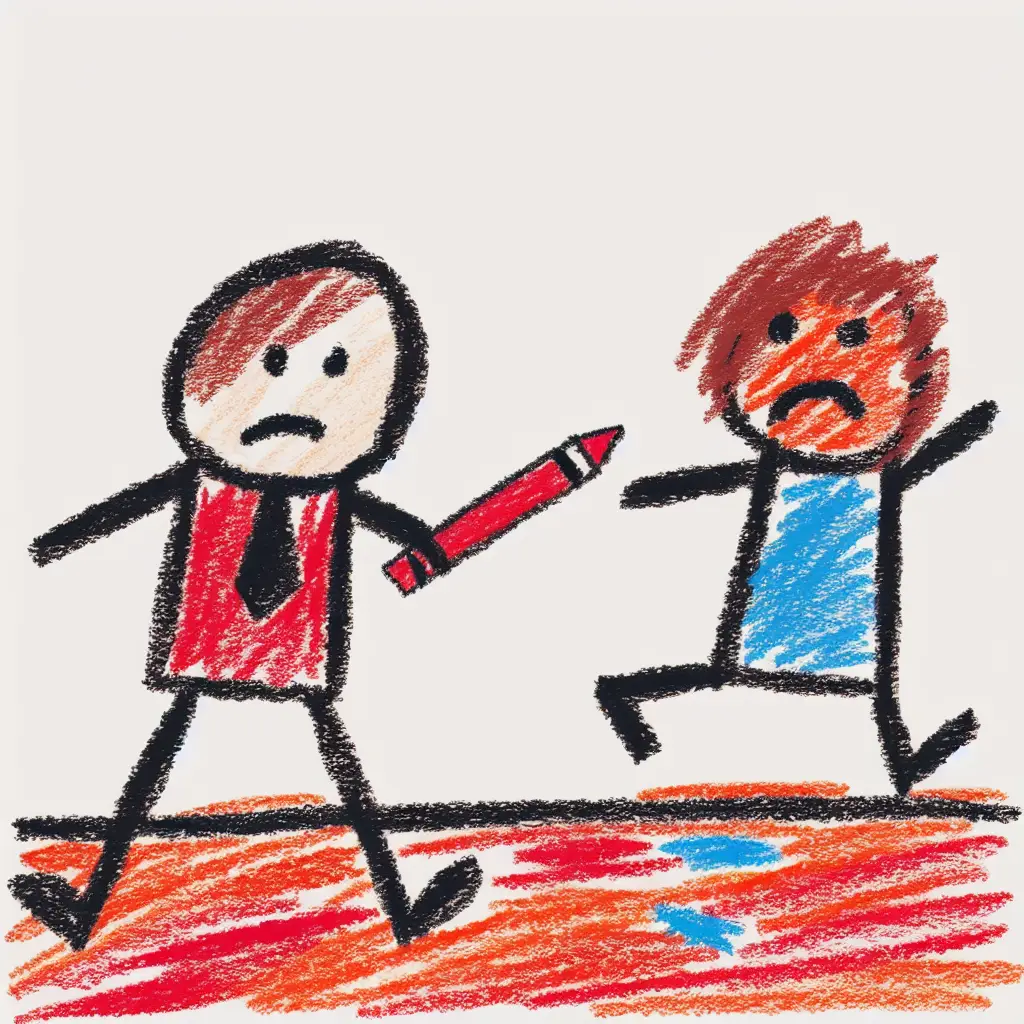BBC apologises after Jenrick accused of xenophobia

Explain Like I'm 5
Imagine you're playing in the sandbox and someone says you threw sand in their eyes, but it wasn't true. You'd want them to say sorry for the mistake, right? Well, something similar happened on a big people's radio show called Radio 4 during a part called Thought for the Day. A person on the show said that Mr. Jenrick, who is like a team captain for laws in a big group called the shadow justice, didn't like people from other countries. But that was a big accusation, and it seems it wasn't right. So, the BBC, which is like the teacher of the radio show, had to say sorry for this mistake.
Explain Like I'm 10
So, there's this big radio station called BBC, and they have a show called Radio 4. On this show, there's a special part where people talk about their thoughts on different things, called Thought for the Day. One day, someone on this show said that Mr. Jenrick, who helps lead a team that talks about laws and rules (he's the shadow justice secretary), didn't like people from other countries, which is called being xenophobic. This is a serious thing to say about someone because it can make others view them in a very negative light.
The problem was, this accusation was a big deal and needed to be really sure before saying it on such a big platform like BBC Radio. The BBC realized that maybe this wasn’t handled properly or the accusation wasn’t clear or fair, so they decided to apologize. This means they said sorry for letting this statement be aired because it could have been not true or misunderstood, which isn’t fair to Mr. Jenrick.
Explain Like I'm 15
On a segment of BBC's Radio 4 during the Thought for the Day, a contributor made a serious accusation against Robert Jenrick, the shadow justice secretary. They claimed he was xenophobic, which means having a prejudice against people from other countries. Accusations like these can be damaging to someone's reputation and career, especially in politics where your public image is very important.
The BBC later issued an apology, indicating that the claim might have been either unsubstantiated or improperly vetted before being broadcasted. This situation brings up important issues about media responsibility and the power of broadcast journalism. Media outlets have a duty to ensure that what they're broadcasting is fair and accurate because their words can have significant impacts on individuals and society.
In the broader context, this incident reflects ongoing challenges in media and politics regarding how accusations are handled and the verification of claims made in public forums. The backlash or support following such incidents can also influence public opinion and political landscapes. Moving forward, this might lead to more stringent checks by media companies before airing such serious allegations, and a discussion on the balance between free speech and responsible journalism.
Want to read the original story?
View Original Source